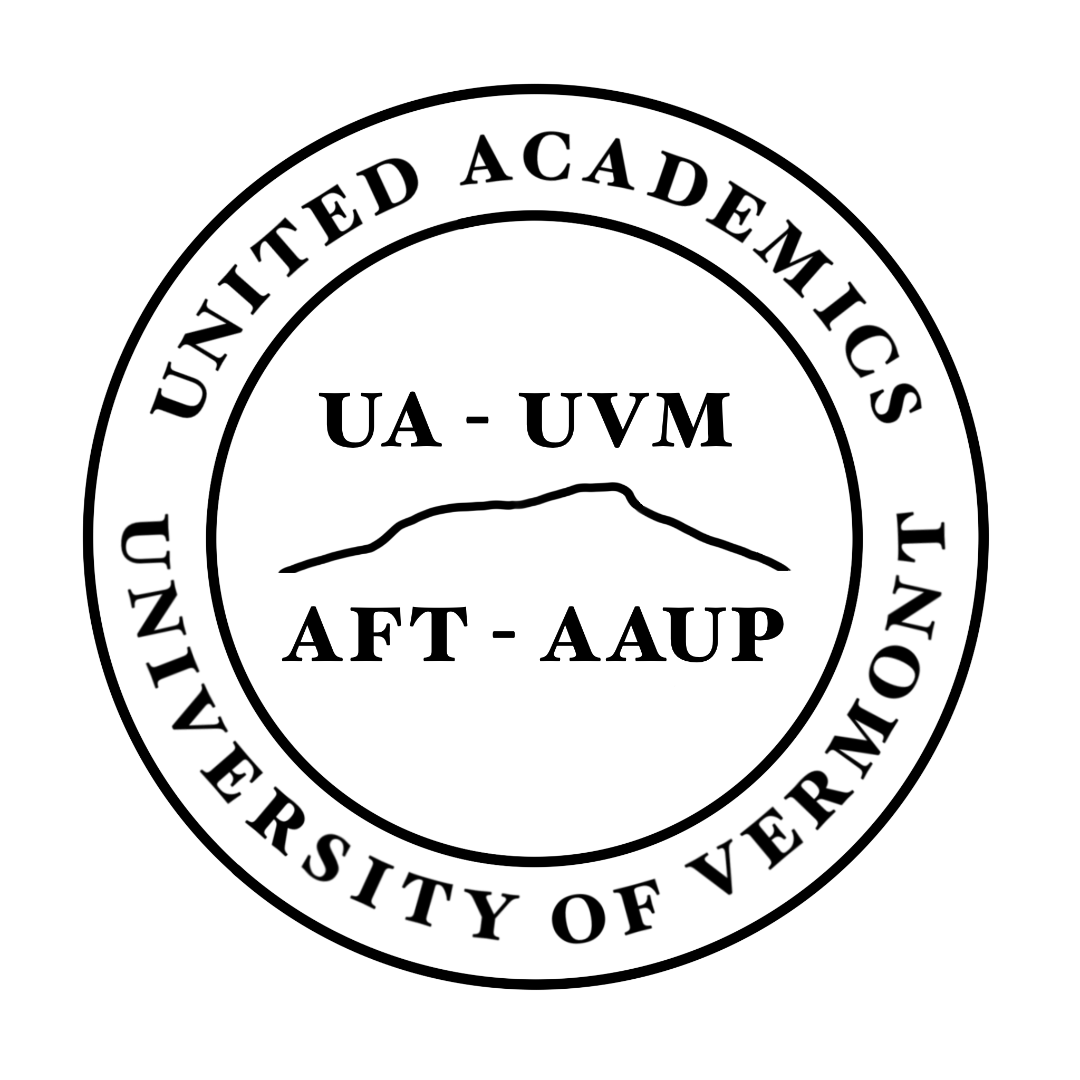As presented to the court the issue is " (1) Whether a state may, consistent with the First and Fourteenth Amendments to the United States Constitution, compel personal care providers to accept and financially support a private organization as their exclusive representative to petition the state for greater reimbursements from its Medicaid programs; and (2) whether the lower court erred in holding that the claims of providers in the Home Based Support Services Program are not ripe for judicial review."
In the worst case scenario, the court could decide in the affirmative for all public employees, despite its 1971 Usery v. League of Cities decision that public employee unionization was an issue reserved for the states. That would mean public employee unions could not negotiate, as they can at present in most states (Florida being one exception) any classification of financial support, the most normal being agency fee, other than voluntary membership dues.
For almost all unions, this would mean a significant loss of income, for some a considerable loss. In the case of UA, about 25% of income comes from fees.
While there is a plan in place to approach all fee payers personally and ask them to become members, obviously not all will. We will be discussing this at the first EC and DA meetings of the fall semester.
The court could also uphold the appellate court finding that the issue is not ripe for review. Or it could come down the middle and rule that while personal care providers who are privately employed though their funds come from the state cannot be compelled to pay agency fees, state employees (including in Vermont UVM and the VSC) can be so compelled.
Assuming the court finds in the affirmative for all public employees, procedural questions remain which it would be hoped, the court would answer or provide guidance. For example, would agency fees be immediately outlawed, or would they remain in effect for the life of the current contract. And if, as is the case with UA, a contract continues in force past the expiration date pending negotiations or imposition of a successor, would the agency fee clause continue in effect also.
I have suggested to AAUP Senior Counsel that if the decision goes the wrong way, that AAUP put together a webinar dealing with implementation and effects. He agreed that was a very good idea, and also suggested there would be discussion at the Summer Institute.
